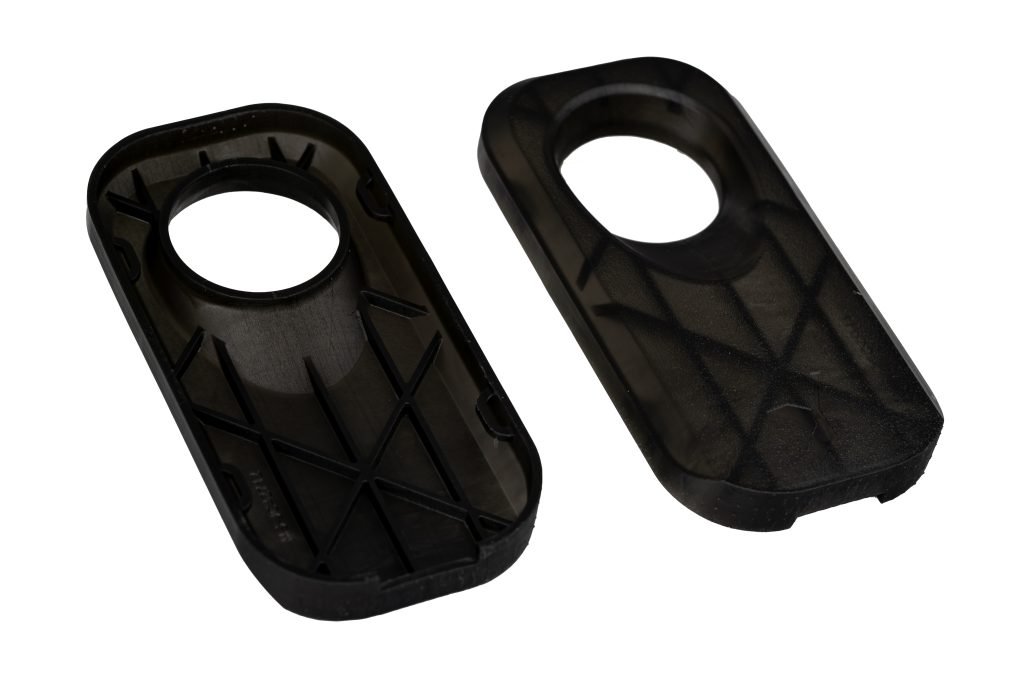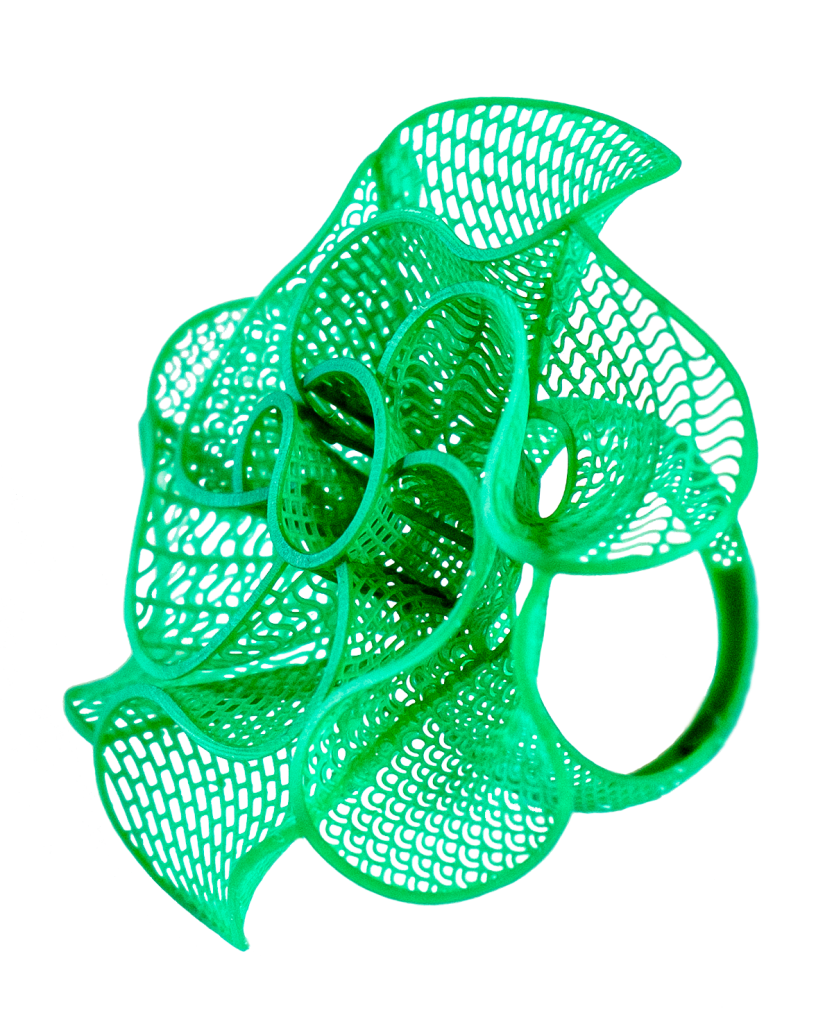US 3D printer manufacturer 3D Systems has launched new materials dubbed Accura AMX Tough FR V0 Black, Figure 4 Tough FR V0 Black, and Figure 4 JCAST-GRN 20, to enhance its Stereolithography (SLA) and Figure 4 portfolios.
These new high-performance materials enable efficient production of end-use parts in industries like automotive, aerospace, semiconductor, and consumer goods. The company developed Accura AMX Tough FR V0 Black and Figure 4 Tough FR V0 Black, flame-retardant SLA materials suitable for large-format parts. Additionally, Figure 4 JCAST-GRN 20 is designed to improve direct jewelry casting workflow.
“Materials are at the core of our additive manufacturing solutions,” said Marty Johnson, Vice President, Product and Technical Fellow, 3D Systems. “It’s imperative that we offer our customers the most advanced materials in a fully integrated system to address their unique application needs. Their challenges fuel our innovation. With the introduction of these novel SLA and Figure 4 materials, we are able to deliver additional capabilities to our customers that will facilitate operation and application flexibility and accelerate their innovation.”

High-performance flame-retardant SLA materials for production applications
Accura AMX Tough FR V0 Black is the first flame-retardant material designed for stereolithography-based production applications, says 3D Systems. It offers enhanced part quality and resolution with a matte finish. Its superior surface quality and fast 3D printing speed make it ideal for general-purpose applications. The material meets the UL94 V0 flammability standard, making it suitable for various use cases, including direct production of high-volume, end-use plastic parts.
Figure 4 Tough FR V0 Black demonstrates notable performance in important areas, including fire resistance, fluid compatibility, UV stability, paint adhesion, and mechanical properties. It stands out from other flame-retardant materials due to its combination of toughness and 44% elongation at break. Moreover, Figure 4 Tough V0 Black achieves high levels of accuracy and detail in parts without requiring a thermal cure. Extensive testing, following ASTM D4329 and ASTM G194 methods, validates its mechanical performance for up to 8 years indoors and 1 year outdoors, ensuring long-term functionality and stability of printed parts in real-world conditions.
Accura AMX Tough FR V0 and Figure 4 Tough FR V0 Black are recommended for aerospace, automotive, transportation, and consumer products. The expected availability for these materials is the third quarter of 2023.
Jewelry casting with easy burnout and post-curing elimination
3D Systems’ Figure 4 Jewelry is an affordable solution for jewelry design and manufacturing. The latest addition, Figure 4 JCAST-GRN 20, allows easy burnout of finely detailed, high-resolution jewelry patterns for direct casting, complementing its MultiJet Printing (MJP) offerings.
The material’s enhanced properties make it well-suited for creating master patterns in gypsum investment casting for various jewelry types and compatible with several precious metals. The integrated workflow includes jewelry-specific build styles in 3D Sprint, enabling design flexibility. It also has the potential to eliminate post-curing, resulting in quicker turnaround times for casting patterns. Figure 4 JCAST-GRN 20 is scheduled for availability in the third quarter of 2023.

SLA 3D printing applications
The Technology House (TTH), an Ohio-based contract manufacturer acquired a new SLA 750 3D printer from 3D Systems to enhance its manufacturing workflow. TTH says the SLA 3D printer offered by 3D Systems “sets itself apart” for its high levels of throughput and reliability compared to other available systems. By incorporating this high-speed production printer with a generous build area and extensive materials portfolio, TTH expanded the range of services it offers to its customers. Since 1996, TTH had been a 3D Systems customer, starting with one SLA 500 3D printer. Over time, they integrated more SLA printers (SLA 5000s, SLA 7000s, and Vipers) and other 3D Systems technology.
Scientists from Edinburgh’s Heriot-Watt University developed a novel method that utilizes near-infrared (NIR) light for 3D printing complex structures with multiple materials and colors. Led by Dr. Jose Marques-Hueso from the University’s Institute of Sensors, Signals & Systems, the team modified stereolithography to enhance multi-material integration. Traditional SLA 3D printing process solidifies a liquid resin using a blue or UV laser, lacking material intermixing capabilities. In their approach, the scientists introduced NIR light, enabling 3D printing into the resin vat at greater depths. The technique holds potential for 3D printing specialized parts, particularly in health and electronics sectors, offering intricate designs with diverse materials and colors.
What does the future of 3D printing for the next ten years hold?
What engineering challenges will need to be tackled in the additive manufacturing sector in the coming decade?
To stay up to date with the latest 3D printing news, don’t forget to subscribe to the 3D Printing Industry newsletter or follow us on Twitter, or like our page on Facebook.
While you’re here, why not subscribe to our Youtube channel? Featuring discussion, debriefs, video shorts, and webinar replays.
Are you looking for a job in the additive manufacturing industry? Visit 3D Printing Jobs for a selection of roles in the industry.
Featured image shows Accura AMX Tough FR V0 Black used for interior cabin vent. Image via 3D Systems.



